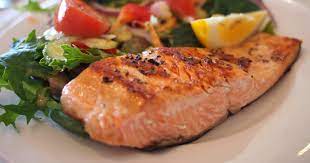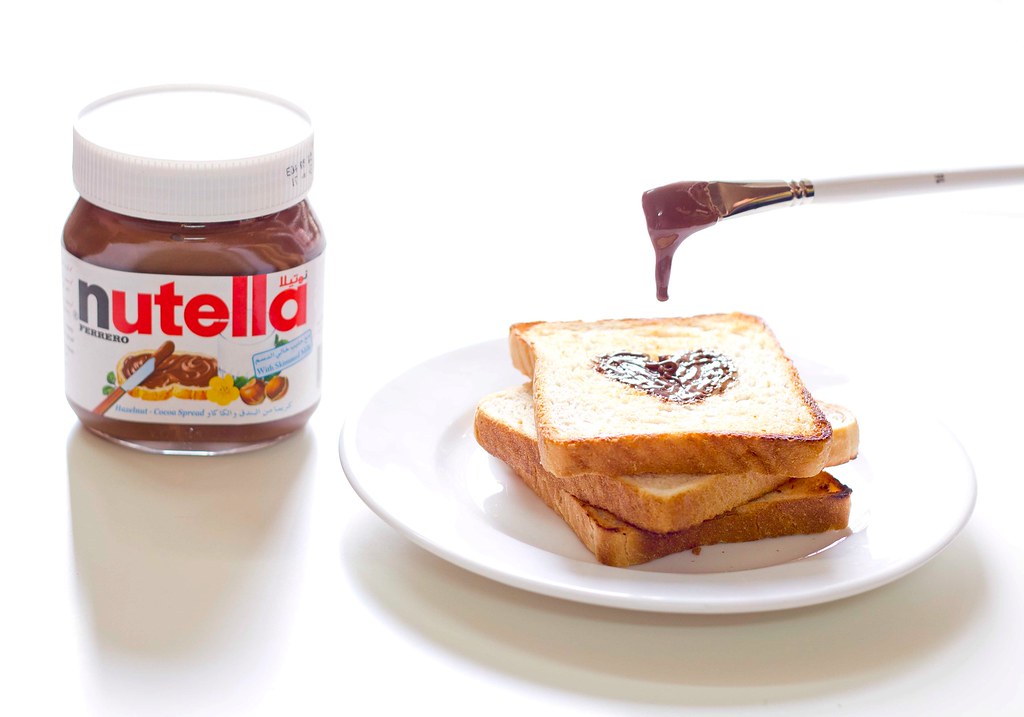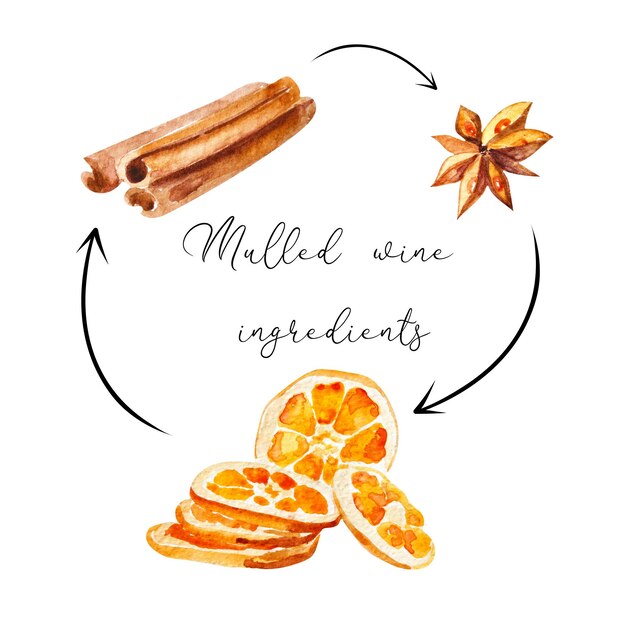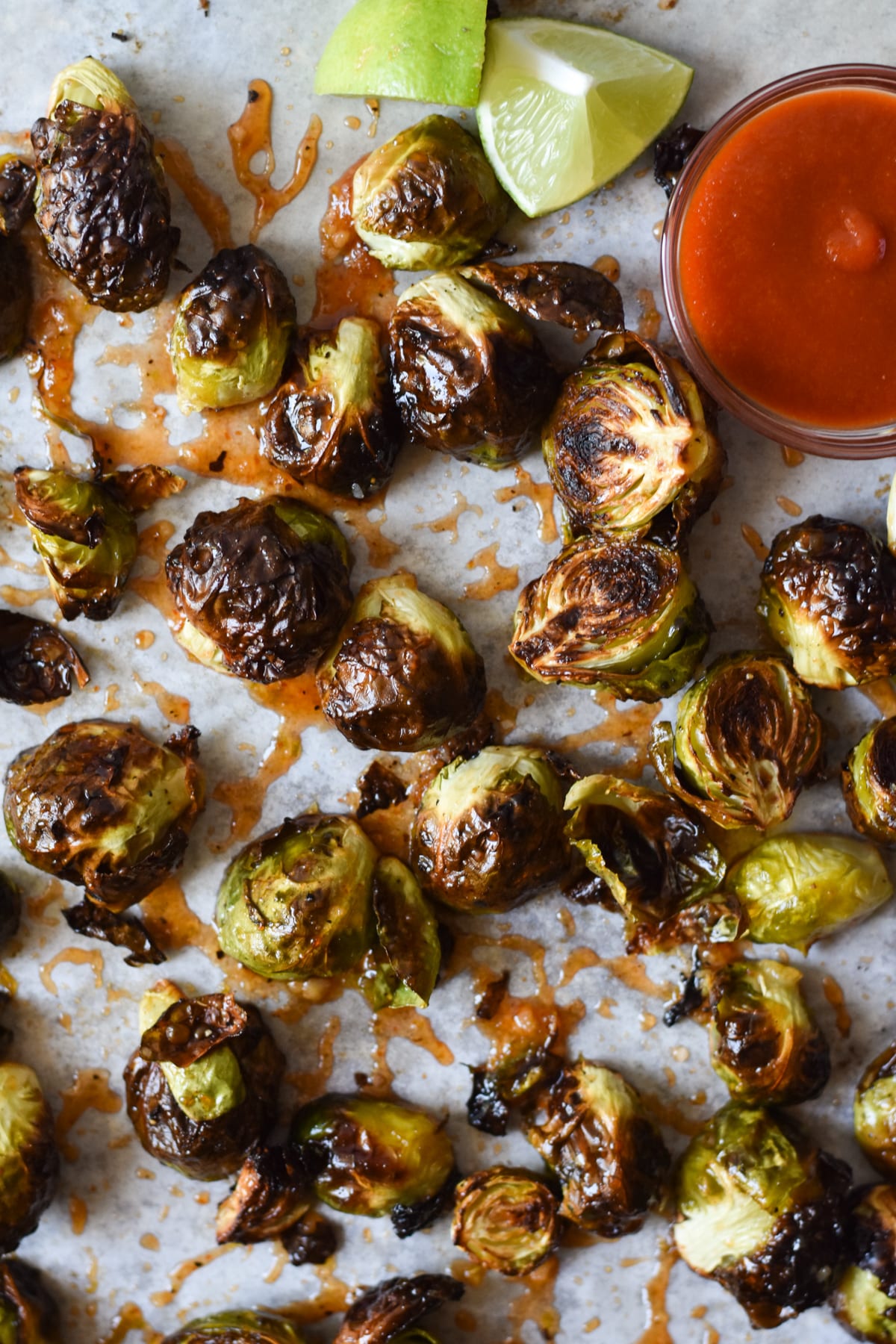How Long does to Properly Store and Determine the Shelf Life of Cooked Salmon Last in the Fridge
Salmon is a popular and delicious fish that is known for its rich flavor and high nutritional value. Whether you have leftovers from a restaurant meal or you cooked it at home, knowing how long cooked salmon can last in the fridge is important to ensure food safety and prevent any risk of foodborne illnesses.
When properly stored, cooked salmon can last in the fridge for up to three to four days. However, it is essential to follow proper storage guidelines to maintain its freshness and quality. After cooking, allow the salmon to cool completely before refrigerating it. Place the cooked salmon in an airtight container or wrap it tightly in plastic wrap or aluminum foil to prevent air exposure, which can lead to spoilage.
It is crucial to note that the storage time may vary depending on various factors, such as the freshness of the fish before cooking and the conditions of the refrigerator. If the cooked salmon has been left out at room temperature for more than two hours or if it has a strange odor or appearance, it is best to discard it to avoid any health risks.
In conclusion, cooked salmon can last up to three to four days in the fridge when stored properly. Remember to always use your best judgment and follow storage guidelines to ensure the safety and quality of the leftovers. Enjoy your leftover salmon in salads, sandwiches, or as a main dish, knowing that you are consuming it safely!
The Shelf Life of Cooked Salmon
Knowing how long cooked salmon lasts in the fridge is important for food safety. While salmon is a delicious and healthy protein option, it is also perishable and can spoil if not stored properly. Here is a guide to help you understand the shelf life of cooked salmon.
Refrigerating Cooked Salmon
When properly stored in the refrigerator, cooked salmon can last for up to 3-4 days. It is important to wrap the salmon tightly in aluminum foil or plastic wrap to prevent air and moisture from reaching it. Make sure to place it in the coldest part of your fridge, which is typically the back of the lower shelf.
If you are not planning to consume the salmon within 3-4 days, it is recommended to freeze it for longer storage.
Freezing Cooked Salmon
Cooked salmon can be frozen to extend its shelf life. Make sure to place it in an airtight container or wrap it tightly in several layers of plastic wrap before freezing. This will prevent freezer burn and help maintain the quality of the salmon.
When frozen, cooked salmon can last for up to 2-3 months. However, it is best to consume it within the first month for optimal taste and texture.
It is important to note that the shelf life of cooked salmon can vary depending on factors such as the freshness of the salmon before cooking, the storage conditions, and how well it has been sealed. Always use your best judgment and inspect the salmon for any signs of spoilage before consuming.
By following proper storage guidelines, you can ensure that your cooked salmon stays fresh and safe to eat for as long as possible.
Factors Affecting the Shelf Life of Cooked Salmon
Several factors can influence the shelf life of cooked salmon, including:
| Factor | Explanation |
|---|---|
| Storage Temperature | The temperature at which the cooked salmon is stored plays a crucial role in determining its shelf life. Ideally, cooked salmon should be stored at a temperature below 40°F (4°C) to prevent bacterial growth and spoilage. |
| Storage Time | The longer cooked salmon is stored, the higher the likelihood of it spoiling. Salmon should be consumed within 3-4 days of being cooked to ensure its freshness and quality. |
| Quality of the Salmon | The quality of the salmon before it was cooked can significantly impact its shelf life. Fresh, high-quality salmon will generally have a longer shelf life compared to salmon that was nearing its expiration date before cooking. |
| Storage Container | The type of container used to store cooked salmon can affect its shelf life. It is recommended to store cooked salmon in airtight containers to minimize exposure to air, which can accelerate spoilage. |
| Proper Handling | The way cooked salmon is handled can also impact its shelf life. It is essential to handle the salmon with clean hands and utensils to prevent contamination. Avoid leaving cooked salmon at room temperature for an extended period and promptly refrigerate any leftovers. |
By considering these factors and following appropriate storage and handling practices, you can maximize the shelf life of your cooked salmon and ensure its safety and quality.
Proper Storage of Cooked Salmon
Properly storing cooked salmon is crucial to maintain its freshness and ensure its safety for consumption. By following specific storage guidelines, you can prolong the shelf life and preserve the quality of cooked salmon.
Refrigerating Cooked Salmon
When it comes to refrigeration, cooked salmon should be stored in an airtight container or wrapped tightly in aluminum foil or plastic wrap. This helps prevent the fish from becoming dry or absorbing any odors from other foods in the refrigerator.
It is best to consume cooked salmon within 3-4 days of preparation. During this time, the fish will retain its flavor and texture if stored properly. Beyond this time frame, the quality and taste may deteriorate, and the risk of bacterial growth increases.
Freezing Cooked Salmon
If you want to extend the shelf life of cooked salmon, freezing is a great option. It is important to properly package the fish before placing it in the freezer to maintain its quality.
Wrap the cooked salmon tightly in plastic wrap, followed by a layer of aluminum foil or place it in a heavy-duty freezer bag. Be sure to label the package with the date for future reference.
Frozen cooked salmon can last for up to 2-3 months in the freezer while maintaining its taste and texture. However, for the best quality, it is recommended to consume it within the first month.
Thawing Cooked Salmon
When you’re ready to enjoy your frozen cooked salmon, it is essential to thaw it properly. Place the wrapped salmon in the refrigerator and allow it to defrost overnight. This gradual thawing process helps retain the moisture and flavor of the fish.
It is not recommended to thaw cooked salmon at room temperature or using hot water, as this can lead to bacterial growth and compromised taste and texture.
| Storage Method | Refrigerator | Freezer |
|---|---|---|
| Temperature | 40°F (4°C) or below | 0°F (-18°C) or below |
| Shelf Life | 3-4 days | 2-3 months |
By following these proper storage methods, you can enjoy cooked salmon for longer periods while ensuring its safety and preserving its flavor and texture.
Signs of Spoiled Cooked Salmon
Knowing the signs of spoiled cooked salmon is essential for ensuring food safety and preventing foodborne illnesses. Here are some common indicators that your cooked salmon may have gone bad:
1. Appearance
One of the first signs of spoiled cooked salmon is a change in its appearance. Freshly cooked salmon should have a vibrant pink color and a moist, firm texture. If the flesh appears dull, discolored, or slimy, it is likely spoiled.
2. Smell
An off odor is another clear sign that your cooked salmon has gone bad. Fresh salmon should have a mild, slightly fishy smell. If it smells overly fishy, sour, or foul, it is best to discard it.
3. Texture
Spoiled cooked salmon may have a slimy texture instead of the smooth, firm texture of fresh salmon. Pay attention to any changes in the texture as it can indicate bacterial growth and spoilage.
4. Taste
Trust your taste buds! If the cooked salmon tastes off, sour, or rancid, it is a strong indication that it is spoiled. Consuming spoiled salmon can lead to food poisoning and should be avoided.
5. Mold or Growth
If you notice any mold or growth on the surface of your cooked salmon, it is definitely no longer safe to eat. Mold can produce toxins that can cause illness, so it is crucial to discard the salmon if you see any signs of mold.
6. Expiration Date
Always check the expiration date of your cooked salmon. Even if it appears and smells fine, if it has surpassed the expiration date, it is best to err on the side of caution and discard it.
It is important to note that if you are unsure whether your cooked salmon has spoiled, it is better to be safe than sorry. Consuming spoiled salmon can cause food poisoning, which can lead to severe symptoms. When in doubt, throw it out!
| Signs of Spoiled Cooked Salmon |
| 1. Appearance |
| 2. Smell |
| 3. Texture |
| 4. Taste |
| 5. Mold or Growth |
| 6. Expiration Date |
Safe Consumption of Cooked Salmon
When it comes to consuming cooked salmon, it is crucial to be mindful of food safety practices. This will ensure that you can enjoy your meal without risking any health hazards. Here are some guidelines to follow for the safe consumption of cooked salmon:
1. Proper Storage
After cooking salmon, it is important to store it properly to maintain its freshness and ensure its safety for consumption. Place the cooked salmon in an airtight container or wrap it tightly with plastic wrap. This will prevent the growth of bacteria and keep the salmon moist.
2. Refrigeration
Refrigerate the cooked salmon within two hours of cooking to prevent bacterial growth. Keep it in the coldest part of your fridge, ideally below 40°F (4°C). Remember to consume the salmon within the recommended time frame to ensure its safety.
3. Shelf Life
The shelf life of cooked salmon depends on various factors, including storage conditions and the freshness of the fish before cooking. Generally, cooked salmon can be safely consumed within 3-4 days if stored in the fridge. Make sure to check for any signs of spoilage, such as a foul odor or slimy texture, before consuming it.
4. Reheating
When reheating cooked salmon, ensure that it reaches an internal temperature of 145°F (63°C). This will kill any potential bacteria and make it safe to eat. Avoid reheating it multiple times, as this can lead to a loss of quality and potentially compromise its safety.
5. Freezing
If you cannot consume the cooked salmon within the recommended timeframe, freezing it is an option. Wrap it tightly in freezer-safe packaging to prevent freezer burn. Cooked salmon can be stored in the freezer for up to 2-3 months. Thaw the frozen salmon in the fridge before reheating and consuming it.
By following these guidelines, you can ensure that your cooked salmon remains safe to consume and enjoy its delicious flavors without any worries.
“FAQ:” How long does cooked salmon last in the fridge
How long can cooked salmon stay in the fridge, and what factors contribute to its freshness during storage?
When storing cooked salmon in the fridge, what is the recommended duration for peak freshness, and what factors should be considered to maintain its quality?
What is the safest method to store raw salmon fillets in the freezer, and how does proper freezing impact their shelf life?
For those looking to store raw salmon fillets in the freezer, what is the recommended method, and how does proper freezing extend their shelf life?
How can one determine if salmon is bad, and what signs should be observed in both raw and cooked salmon?
When assessing the freshness of salmon, what indicators can help determine if salmon is bad, and are there distinct signs for both raw and cooked salmon?
What is the recommended timeframe for safely keeping cooked salmon in the refrigerator, and how should it be stored to maintain optimal freshness?
When storing cooked salmon in the refrigerator, what is the suggested duration for safe consumption, and what storage practices preserve its optimal freshness?
How long is cooked salmon good for in the freezer, and what precautions should be taken when freezing and thawing?
In the freezer, what is the shelf life of cooked salmon, and what precautions should be followed during the freezing and thawing process?
What steps can be taken to store fresh salmon that has been thawed, and how does this impact its quality?
For those who have thawed fresh salmon, what steps should be taken to store it, and how does the thawing process affect its overall quality?
How does flash-freezing contribute to preserving the quality and freshness of salmon, and what are the benefits of this method?
In terms of salmon storage, how does the process of flash-freezing contribute to preserving its quality and freshness, and what are the associated benefits?
What is the optimal timeframe for storing raw salmon in the refrigerator, and how can vacuum-sealed packaging enhance its freshness?
When storing raw salmon in the refrigerator, what is the ideal duration for peak freshness, and how does vacuum-sealed packaging contribute to preserving its quality?
What precautions should be taken when storing frozen and thawed salmon, and how can one ensure it hasn’t gone bad?
When storing frozen and thawed salmon, what precautions should be considered, and what indicators can help determine if it’s still safe to consume?
How does labeling the container impact the storage of salmon, and what information should be included to ensure proper handling?
When storing salmon, how does labeling the container contribute to organized storage, and what key information should be included to facilitate proper handling and consumption?
How long does cooked salmon last, and what are the recommended storage conditions to ensure its freshness?
When dealing with cooked salmon, what is the expected duration of its freshness, and what storage conditions are recommended for optimal quality?
What is the safest method to thaw salmon in the fridge, and how does this approach contribute to maintaining its texture and taste?
When thawing salmon in the fridge, what is the safest method, and how does this process contribute to preserving the texture and taste of the fish?
How should salmon be stored in the freezer to ensure its long-term quality, and what precautions should be taken during freezing?
For long-term storage of salmon in the freezer, what are the recommended methods, and what precautions should be observed to maintain its quality?
How can you tell if salmon is bad, and what are the signs of spoilage in both cooked and raw salmon?
When assessing the freshness of salmon, what signs indicate that it might be bad, and are there distinct indicators for both cooked and raw salmon?
What distinguishes Alaskan salmon, and how does its origin impact its taste and nutritional value?
In terms of salmon varieties, what distinguishes Alaskan salmon, and how does its origin impact both its taste and nutritional value?
How can salmon cakes be safely stored, and what is the recommended timeframe for consuming them?
For those preparing salmon cakes, how should they be stored to ensure safety, and what is the suggested timeframe for their consumption?
Is it safe to refreeze salmon, and what precautions should be taken when considering the refreezing of previously frozen salmon?
When it comes to salmon, is it safe to refreeze it, and what precautions should be taken to ensure its safety during the refreezing process?
How long can cooked salmon be safely stored in the refrigerator, and what practices help maintain its quality within this timeframe?
When storing cooked salmon in the refrigerator, what is the recommended duration for safe consumption, and what practices preserve its quality during this period?
Can you keep salmon in the refrigerator for up to two days, and what steps should be taken to ensure its safety during storage?
In terms of refrigerator storage, can salmon be kept for up to two days, and what measures should be followed to ensure its safety during this period?
How can you keep salmon fresh when it arrives, and what immediate steps should be taken to ensure its quality upon delivery?
When salmon arrives, how can you keep it fresh, and what immediate steps should be taken to maintain its quality upon delivery?






